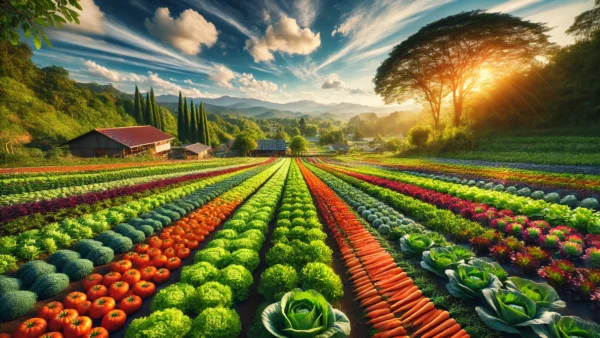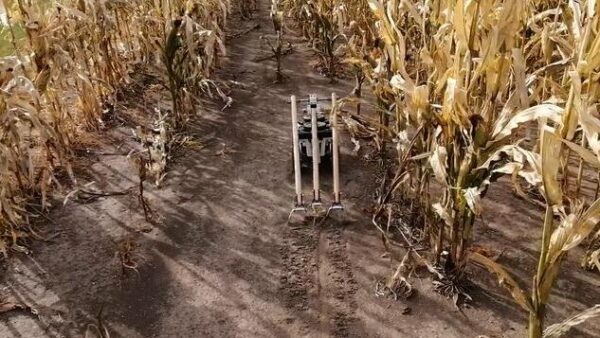True to his roots, David Bubeck of Corteva Agriscience draws inspiration from being outside and talks about the importance of trade and technology regulations.
Seed World: How do you relax?
David Bubeck: Being outdoors. My wife and I garden, which helps me through a lot of the research meetings, and it helps me sustain and endure countless hours of conference room strategy. I get to be outside and get dirt under my fingernails; it’s part of my life.
SW: Beer or wine?
DB: Wine.
SW: What are you reading?
DB: Emails! Actually, I’m re-reading “Good to Great.” I wanted to reread it because of the merger that we’ve gone through and subsequent spin that we’ve now gone through as Corteva Agriscience. I have never read a book twice, but we want to make Corteva a great company, so I thought I would pick this book up again and see if I reflect on it differently than when it first came out.
SW: Did you reflect on the book differently?
DB: Yes, I certainly see some things differently now. It’s not a birthright for a highly successful company to remain great. You must continue innovating and doing something unique to position yourself for the future. The frontiers of the future are changing … and we as an organization have to be ready to change if we are going to shape the future seed market.
SW: How has plant breeding changed?
DB: I came out of graduate school in 1991. I did my undergraduate at Iowa State University, my master’s degree in soybean breeding at Iowa State, and then my PhD at North Carolina State University in corn breeding. I did basically a QTL (quantitative trait loci) study using molecular markers at the time. When you think about data and the amount of data I collected in six months then, we have just collected more than that amount of molecular data in our global labs during the short time that we’ve been sitting here talking.
SW: What do you think plant breeding will look like in 2040?
DB: We’re at the forefront of genome editing technology, and I consider this genome editing 1.0. … We need the world to have a synchronous view and global policies toward these technology opportunities; otherwise, we (as in society) will never reap the benefits of future versions of enabling plant breeding technologies such as genome editing version 10.0 or 20.0. When we look out to 2040, really mastering the genome and being able to leverage genetic diversity at all levels and in all places will be front and center.
SW: What one adjective would you use to describe the seed industry?
DB: Only one! “Ever-changing.”












